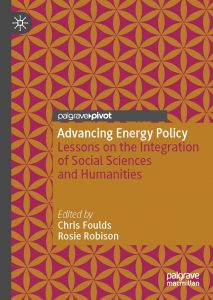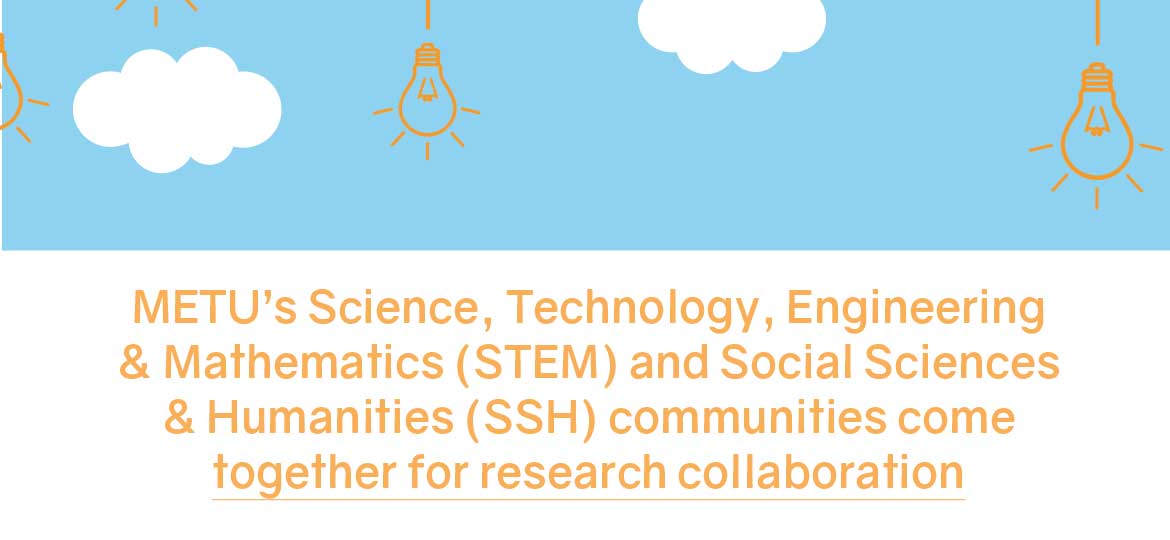By Gerd Schönwälder, European Commission (DG Research and Innovation)
This article is one of the Forewords from the SHAPE ENERGY open access book recently published by Palgrave Macmillan ‘Advancing Energy Policy: lessons on the integration of Social Sciences and Humanities’.
Energy has always been political, but never more so than today. The transition to a cleaner, greener energy system profoundly affects not just individual lifestyles and livelihoods but entire societies, economies, even political systems. Prompting deep changes in the way people live, work and move around, the energy transition is generating innovative business models, novel ways to produce and deliver goods and services, as well as calls for greater involvement by consumers and citizens in relevant decision-making.
Energy research, by contrast, still mostly revolves around the technical challenges of moving from an energy system based largely on fossil fuels to one powered by renewables. The energy research landscape across Europe (and most of the world) remains fragmented, with insufficient exchanges between—as well as within—the Scientific, Technology, Engineering and Mathematics (STEM) disciplines on the one hand and the Social Sciences and Humanities (SSH) on the other. As a result, much-needed synergies that would require greater collaboration and more interdisciplinary work remain unrealised.
Initiatives such as SHAPE ENERGY want to change this. Supported by the European Commission’s Horizon 2020 research framework programme, SHAPE ENERGY is narrowing the gap between Europe’s energy research communities, reaching out to constituencies as varied as the business community, cities and Europe’s citizens at large. In so doing, SHAPE ENERGY is contributing to the goals of the Energy Union and, more specifically, the Strategic Energy Technology Plan (SET-Plan), ensuring that Social Sciences and Humanities-related aspects have greater prominence in relevant energy research and energy policymaking. SHAPE ENERGY will lead to the establishment of a dedicated SSH platform alongside the existing energy European Technology and Innovation Platforms (ETIPs), starting in 2019.
The chapters in this collection make an important contribution to this agenda. They are stellar examples of the type of work that transcends not just disciplinary but also geographical boundaries, with the preparation of each chapter bringing together researchers from at least three SSH disciplines and two or more Horizon 2020 eligible countries. Transitioning to a cleaner-energy system, while building Europe’s competitiveness and protecting its vulnerable citizens and regions, constitutes a fundamental challenge for the whole continent and such multiple perspectives are essential for confronting it. The contributions assembled here provide numerous insights that will be invaluable not just for researchers or policymakers but many others: cities, project developers, investors and of course concerned citizens all over the continent.

Gerd Schönwälder works on the socio-economic and political aspects of the clean-energy transition for the European Commission’s Directorate-General
for Research and Innovation (DG RTD). Previously, he was an invited researcher at the Centre for International Policy Studies (CIPS) and the
German Development Institute (DIE), after holding senior positions at the International Development Research Centre (IDRC). Gerd earned a PhD
in Political Science from McGill University.








